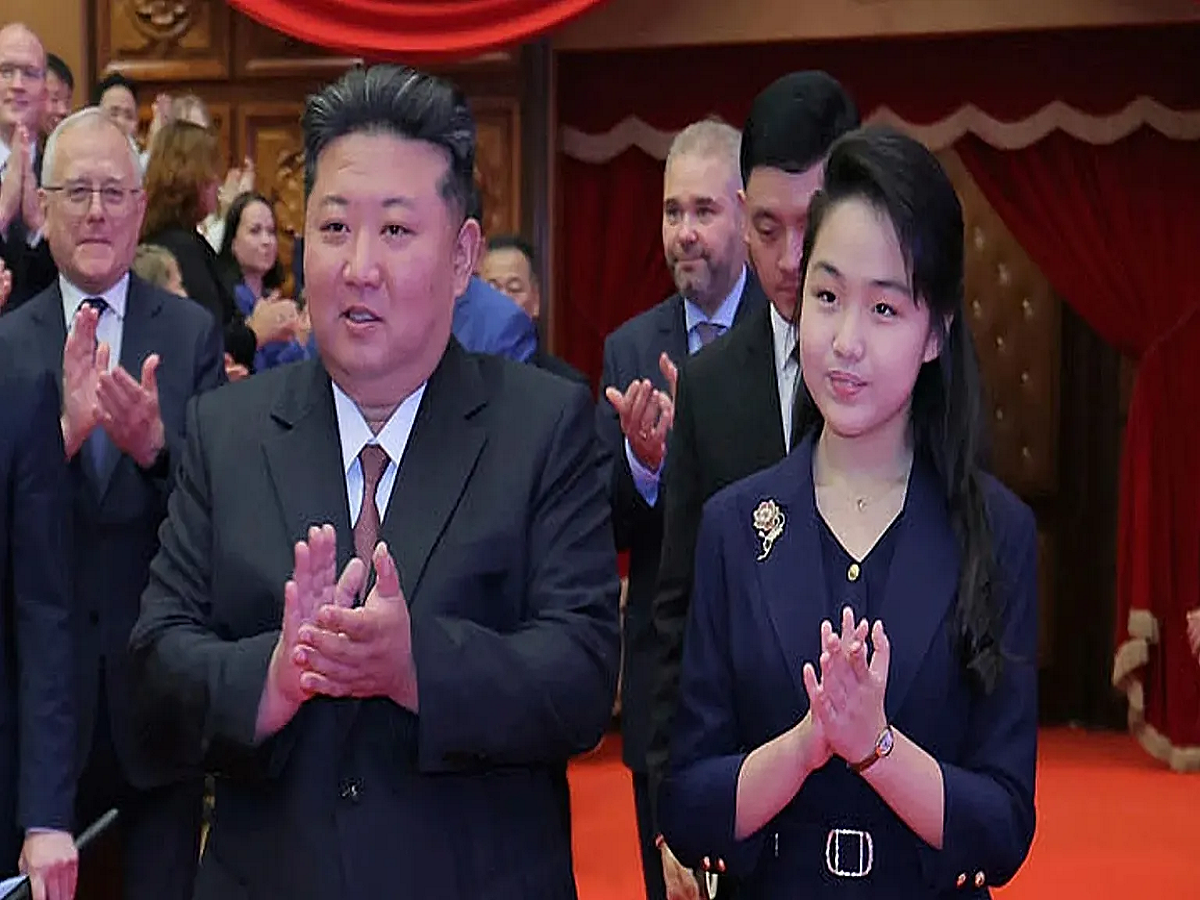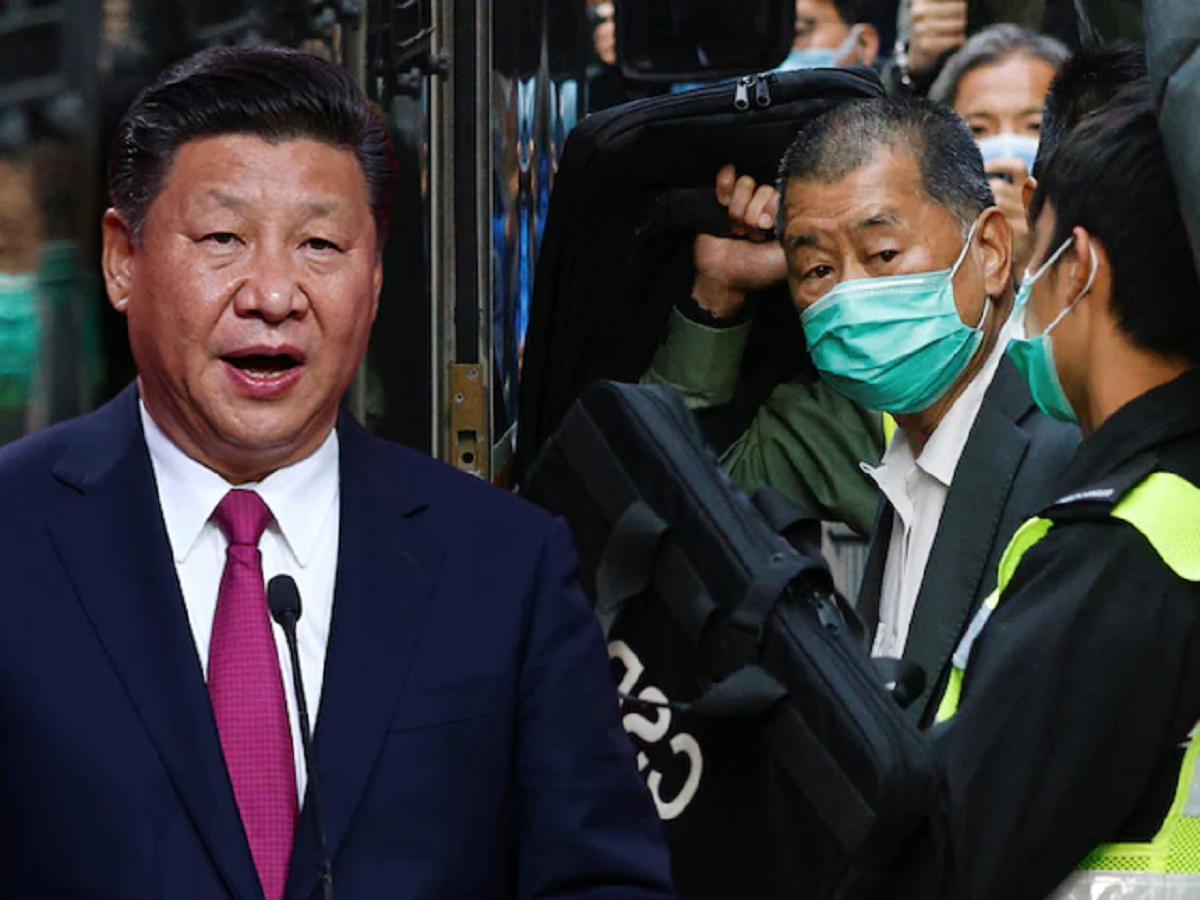America Out, Turkey-Saudi Sidelined: Now Iran Takes Charge of Peace Talks in Gaza
- byPranay Jain
- 10 Jun, 2025

In a dramatic turn in the ongoing Gaza conflict, Iran has now emerged as the primary negotiator for a potential peace deal between Hamas and Israel. With diplomatic efforts by the U.S., Saudi Arabia, and Turkey failing to yield results, Tehran has reportedly stepped in directly—marking a major geopolitical shift in the region.
Trump Confirms Iran’s Involvement in Talks
Former U.S. President Donald Trump, speaking to reporters, confirmed that Iran has taken the lead on behalf of Hamas in the ongoing negotiations. “Our effort is to bring peace between the two sides. We are trying, and you will see its result soon,” Trump said, hinting at an imminent ceasefire.
Why Iran? A Shift in Strategy
Until now, the U.S. relied on allies like Saudi Arabia, Turkey, and Qatar to mediate a ceasefire. However, none of these efforts resulted in concrete progress. Sources close to the Trump team say the shift to Iran was strategic, given Tehran’s long-standing support and influence over Hamas.
“If Iran wants, Hamas can stop the war immediately,” a senior diplomat was quoted as saying—underlining the rationale behind America's sudden pivot.
Major Setback for Turkey and Saudi Arabia
This development is seen as a major diplomatic blow for both Turkey and Saudi Arabia, who had been positioning themselves as power brokers in Middle East peace efforts. With Iran now commanding the negotiation table, Ankara and Riyadh have effectively been sidelined.
A successful Iran-Israel deal on Gaza would reassert Tehran’s dominance in the region and potentially give it influence over reconstruction efforts and governance in post-war Gaza.
Iran’s Potential Role in Gaza’s Future
If the deal goes through, Iran will not just stop at brokering peace. Experts say Tehran will likely shape the new political architecture of Gaza, deciding the form of governance and participating heavily in rebuilding the war-torn region.
This would mark a profound shift in Middle East geopolitics—where Iran, long considered part of the "problem," could now claim to be part of the solution.
Conclusion: A New Power Dynamic Emerges
As Washington’s traditional approach fails and Gulf countries lose relevance, Iran’s entry into the Gaza peace equation has changed the game. If peace is brokered under Tehran’s influence, it will be a diplomatic coup for the Islamic Republic—and a reminder that in the Middle East, power often lies with those who can move militants, not just diplomats.






